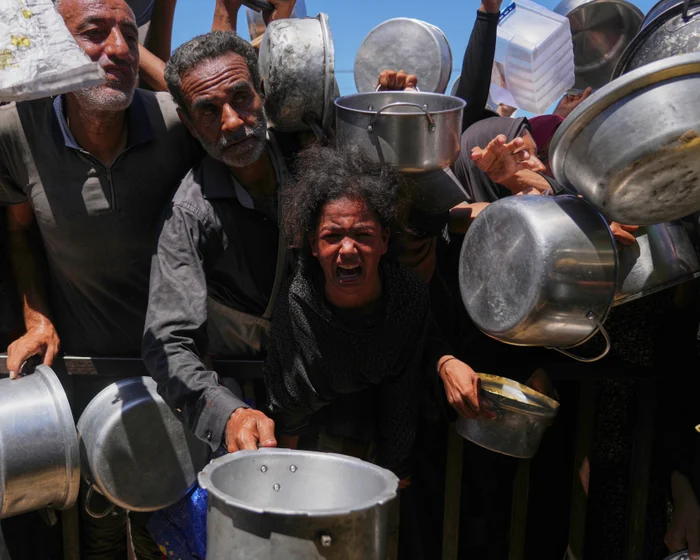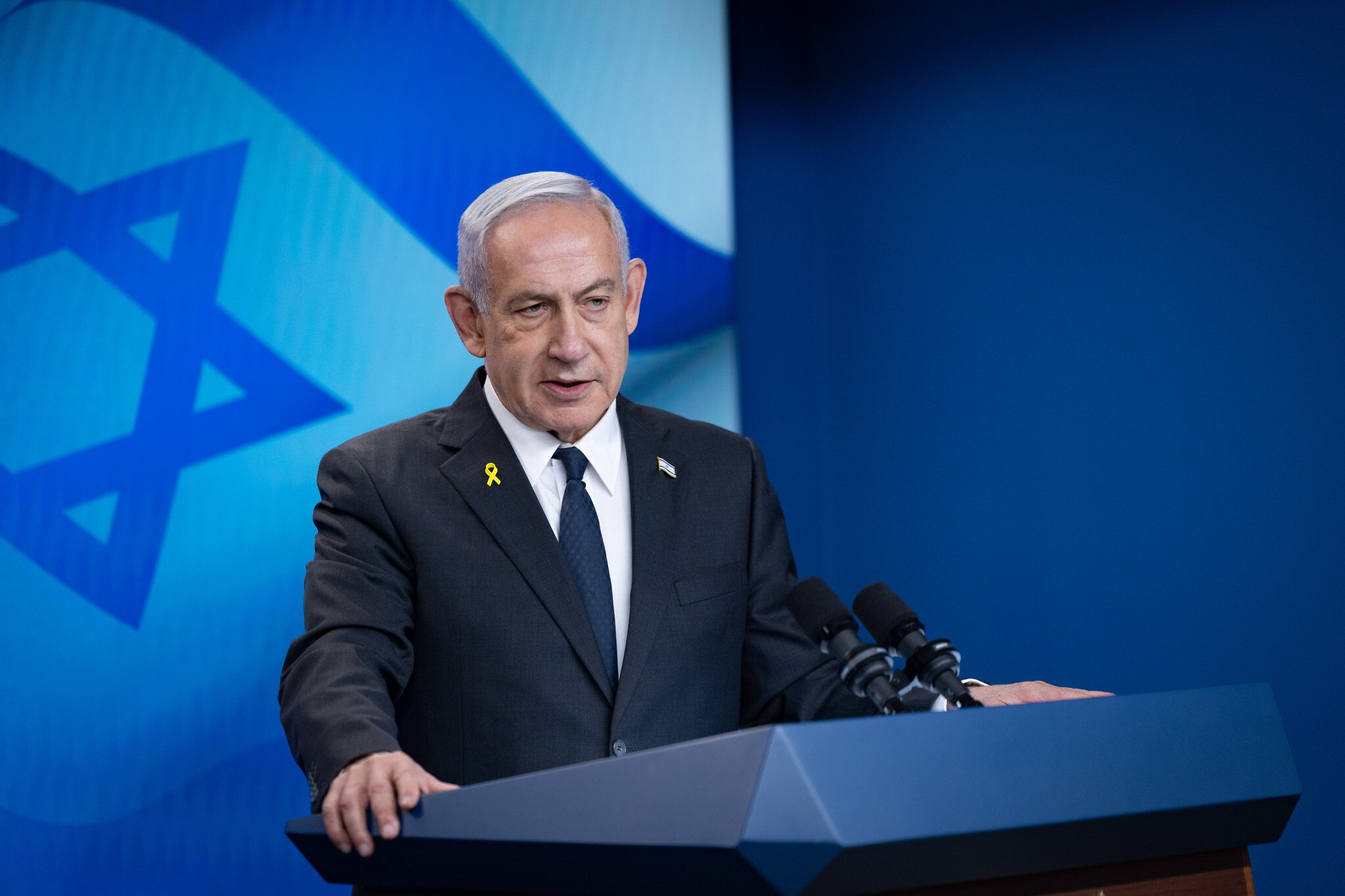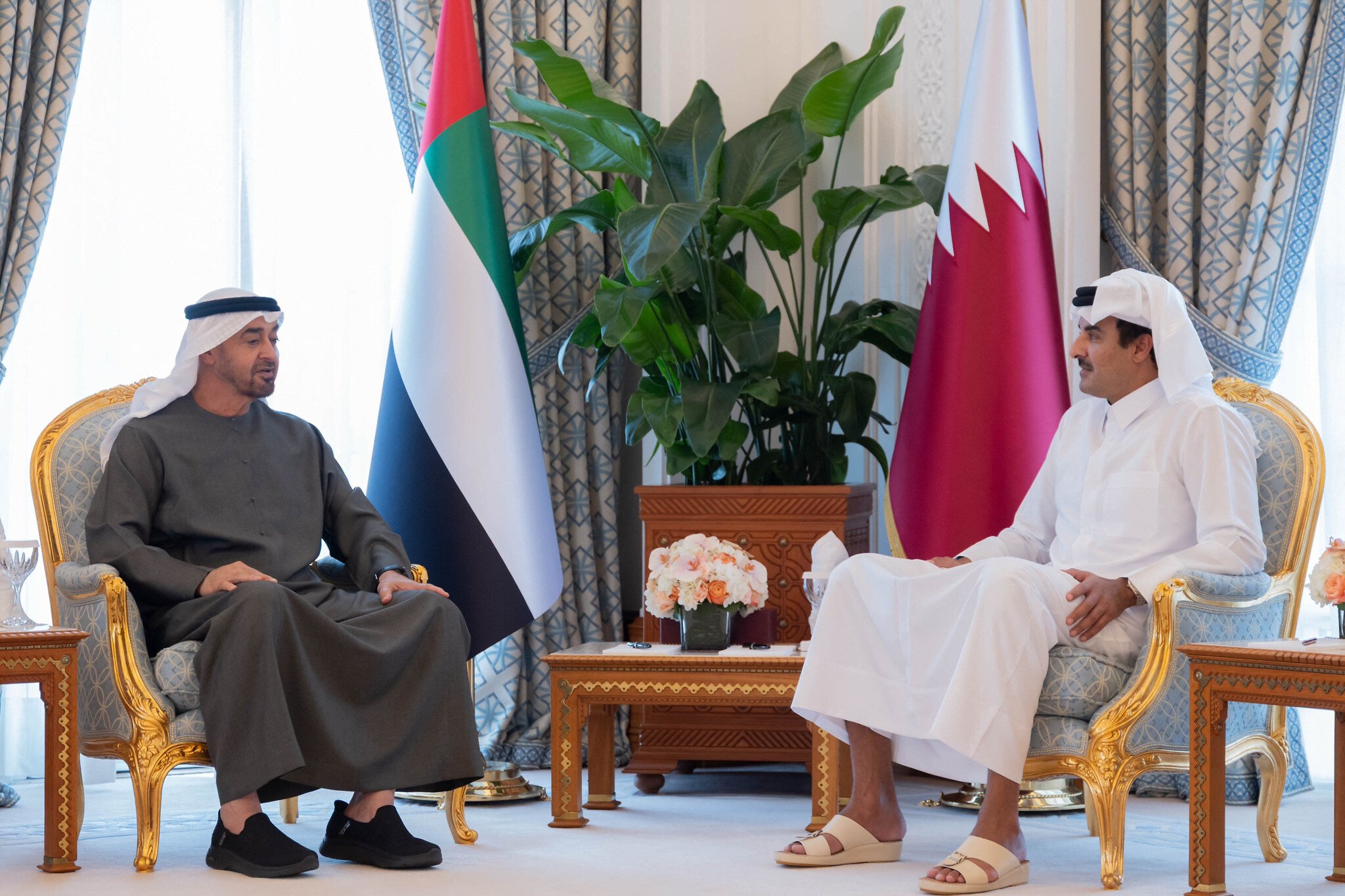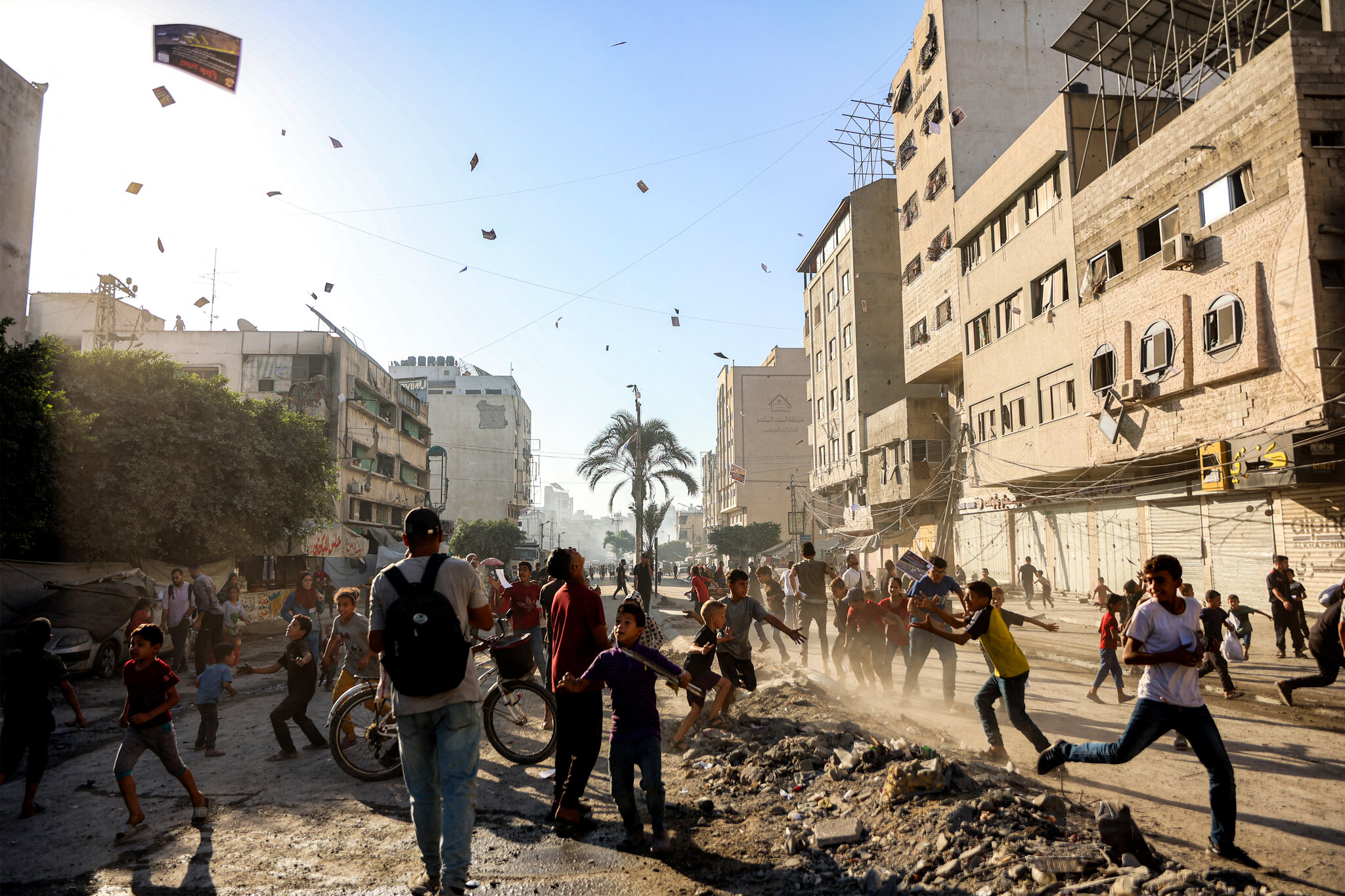A Moral and Legal Reckoning
On September 16, 2025, a UN Commission of Inquiry (COI) delivered a damning report, accusing Israel of committing genocide in Gaza, a finding that sent shockwaves through global diplomacy. The Guardian’s editorial, titled “The Guardian view on the UN’s genocide finding: Britain – and the world – can no longer look away,” underscores the urgency for nations, particularly Britain, to confront this grave accusation. With evidence of mass killings, starvation, and deliberate destruction, the report demands action to prevent further atrocities and ensure accountability.
Understanding the UN’s Genocide Finding
What the Report Says
The UN COI, established in 2021, concluded that Israel’s actions in Gaza since October 2023 meet four of the five criteria for genocide under the 1948 Genocide Convention. These include mass killings, causing serious harm, creating life conditions aimed at physical destruction, and preventing births. The report cites “direct evidence of genocidal intent” from Israeli leaders’ statements, including Prime Minister Benjamin Netanyahu’s 2023 letter invoking a “holy war of total annihilation.”
Evidence Behind the Accusation
The COI’s 72-page analysis draws on interviews with victims, doctors, and witnesses, alongside satellite imagery and media reports. It documents 46% of Gaza’s deaths being women and children, with 83% of casualties identified as civilians by Israeli intelligence. The deliberate use of heavy munitions in densely populated areas and restrictions on food and medicine further support the genocide charge.
Global Reactions to the Finding
The report has divided the international community. While UN Human Rights Commissioner Volker Türk noted mounting evidence of war crimes and potential genocide, Israel rejects the accusations, insisting its actions are self-defense against Hamas. Western allies like the UK and US remain cautious, with Britain’s government claiming it has “not concluded” genocide is occurring.
Britain’s Role and Response
The UK’s Cautious Stance
Britain’s Labour government, led by Prime Minister Keir Starmer, has faced criticism for its evasive response. Foreign Secretary David Lammy’s letter to the International Development Committee on September 10, 2025, stated the UK has not determined genocidal intent, a position critics call a “fig leaf” to avoid legal obligations under the Genocide Convention. This hesitance contrasts with growing calls from 61 MPs for stronger action.
Historical Context of UK Policy
Britain’s reluctance to act decisively echoes a historical pattern of prioritizing expediency over justice in genocide cases, from the Armenian massacres to Sierra Leone’s 1999 amnesty. The Guardian notes Britain’s past support for Zionism, but its current role as a key supplier of F-35 jet components to Israel raises questions of complicity.
Internal Dissent and Public Pressure
Within Labour, dissent is brewing. Nearly 60 MPs demanded recognition of Palestine as a state in July 2025, citing Israel’s plans to displace Gaza’s residents. A Gaza tribunal, chaired by Jeremy Corbyn, accused Britain of shielding Israel from scrutiny, with witnesses like former diplomat Mark Smith exposing pressure to downplay Israeli violations. Public outrage, amplified on platforms like X, demands accountability.
The Human Cost in Gaza
A Humanitarian Catastrophe
The COI report paints a grim picture: as of July 2025, over 50,000 Palestinians, including 15,000 children, have been killed, with 214,000 injured. Ninety percent of Gaza’s population has been displaced multiple times, living in inhumane conditions. Hospitals, schools, and cultural sites lie in ruins, with the healthcare system collapsed.
A Palestinian Voice Ignored
Ahmad Ibsais, a Palestinian writer, shared his anguish in The Guardian, questioning why Palestinian deaths—over 100,000 by some estimates—were dismissed for so long. He recounts his family’s loss to an Israeli airstrike and the media’s bias, noting terms like “slaughter” were used 60 times more for Israeli suffering than Palestinian. His story underscores the dehumanization fueling inaction.
The Emotional Weight of Inaction
I recall speaking with a friend who volunteered with a Gaza aid group. She described the despair of families trapped under rubble, their pleas ignored as bombs fell. “It’s not just death,” she said, “it’s the world pretending it doesn’t see.” Her words haunt me, a reminder of the moral cost when nations like Britain sidestep accountability.
Comparing Global Responses
| Country | Response to UN Finding | Actions Taken | Arms Policy |
|---|---|---|---|
| United Kingdom | Denies genocide, studying ICJ ruling | Suspended some arms licenses, F-35 carve-out | Supplies F-35 parts, intelligence sharing |
| United States | Rejects genocide label, backs Israel | Continued full military aid | Major arms supplier to Israel |
| South Africa | Led ICJ case accusing Israel of genocide | Pushed for UN sanctions, accountability | No arms sales to Israel |
| France | Calls for ceasefire, recognizes Palestine risk | Limited arms exports, supports ICJ | Reduced military support to Israel |
| Norway | Supports UN findings, urges accountability | Banned arms sales to Israel | No military exports to Israel |
This table highlights Britain’s cautious approach compared to South Africa’s proactive stance or Norway’s clear rejection of arms sales, reflecting varying levels of commitment to international law.
Pros and Cons of Britain’s Current Policy
Pros:
- Diplomatic Caution: Avoids escalating tensions with Israel, a key ally, and the US.
- Economic Continuity: Maintaining F-35 exports protects UK jobs and NATO commitments.
- Legal Prudence: Waiting for ICJ rulings avoids premature accusations, per government lawyers.
Cons:
- Moral Failure: Evasive stance risks complicity in genocide, per UN obligations.
- Domestic Backlash: Alienates Labour MPs and voters demanding stronger action.
- International Isolation: Undermines UK’s credibility as a human rights advocate.
- Legal Risk: Continued arms sales could violate the Genocide Convention.
The Legal and Moral Imperative
The Genocide Convention’s Mandate
The 1948 Genocide Convention obliges states to prevent and punish genocide the moment a serious risk is identified. The COI’s finding that this threshold has been crossed places Britain in a legally precarious position, as continued arms sales and intelligence sharing could constitute complicity.
Calls for Accountability
The COI urges states to suspend arms sales, back international courts, and impose sanctions. Navi Pillay, the report’s lead author and a former ICC judge, emphasized that silence equals complicity. In the UK, initiatives like the Standing Group on Atrocity Crimes, led by Helena Kennedy, propose mechanisms to force government action on genocide risks.
Challenges in Proving Intent
Proving genocidal intent is notoriously difficult, but the COI cites explicit statements from Israeli leaders, like Netanyahu’s biblical references, as clear evidence. Critics, including the UK’s chief rabbi, argue Israel’s actions target Hamas, not Palestinians as a group, but the scale of civilian deaths undermines this defense.
Britain’s Path Forward
Halting Arms Sales
The UK suspended most arms export licenses to Israel in September 2025 but carved out F-35 components, citing NATO obligations. Critics argue this exemption undermines accountability, as these parts may be used in Gaza. A full ban, as Norway implemented, could align Britain with its legal duties.
Supporting International Courts
The UK could back the International Criminal Court (ICC) and International Court of Justice (ICJ), which are investigating Israel’s actions. Supporting ICC prosecutor Karim Khan, who faced US sanctions, would signal commitment to justice. The ICJ’s July 2024 ruling on Israel’s unlawful occupation adds urgency to this step.
Recognizing Palestine
Recognizing Palestine as a state, as urged by 60 Labour MPs, could pressure Israel to negotiate a two-state solution. While Israel’s President Isaac Herzog once supported this, his post-2023 stance aligns with Netanyahu’s rejection, complicating diplomacy. Britain’s hesitation risks alienating allies like France.
People Also Ask (PAA)
What did the UN report say about Gaza?
The UN COI’s September 2025 report accused Israel of genocide, citing mass killings, starvation, and deliberate destruction as meeting four of five criteria under the 1948 Genocide Convention. It highlighted 50,000+ deaths and explicit intent from Israeli leaders.
Why hasn’t Britain called Gaza a genocide?
The UK government, led by David Lammy, claims it has “not concluded” genocide due to the need for ICJ rulings. Critics argue this is a legal dodge to avoid halting arms sales and facing complicity charges.
What is Britain’s role in Gaza’s conflict?
Britain supplies F-35 components, shares intelligence, and conducts surveillance flights over Gaza. While it suspended some arms licenses, its continued support and refusal to acknowledge genocide risk accusations of complicity.
Where can I find reliable updates on Gaza?
Follow The Guardian or Al Jazeera for detailed reporting. UN News provides official updates, while X offers real-time perspectives from affected communities.
FAQ Section
What is the 1948 Genocide Convention?
The 1948 UN Genocide Convention defines genocide as acts like killing or causing harm with intent to destroy a group. It obliges states to prevent and punish genocide, a duty the COI says Britain is failing to uphold in Gaza.
Why is Britain accused of complicity?
Britain’s supply of F-35 parts, intelligence sharing, and surveillance flights over Gaza, despite UN findings, raise complicity concerns. Its refusal to acknowledge genocide risks breaching the Genocide Convention.
How can the UK act on the UN’s findings?
The UK could halt all arms sales, support ICC and ICJ investigations, and recognize Palestine. Initiatives like the Standing Group on Atrocity Crimes aim to enforce these obligations domestically.
What tools track Gaza’s crisis?
Use UN OCHA for humanitarian data, Amnesty International for rights reports, or The Intercept for media analysis. X provides unfiltered voices from Gaza.
Why is the UN’s report controversial?
Israel and allies like the US reject the genocide label, citing self-defense against Hamas. Critics like the UK’s chief rabbi argue it misrepresents intent, while the COI’s evidence of civilian targeting fuels debate.
A Call to Action
The UN’s genocide finding is a wake-up call Britain cannot ignore. As Gaza burns, with 90% of its people displaced and thousands dead, the UK’s legal and moral duty is clear: stop arms sales, back international justice, and amplify Palestinian voices. I think of Ahmad Ibsais, whose family was erased by an airstrike, and wonder how many more must suffer before we act. Support organizations like Medical Aid for Palestinians or urge your MP to demand accountability. The world is watching—Britain must choose justice over complicity.




